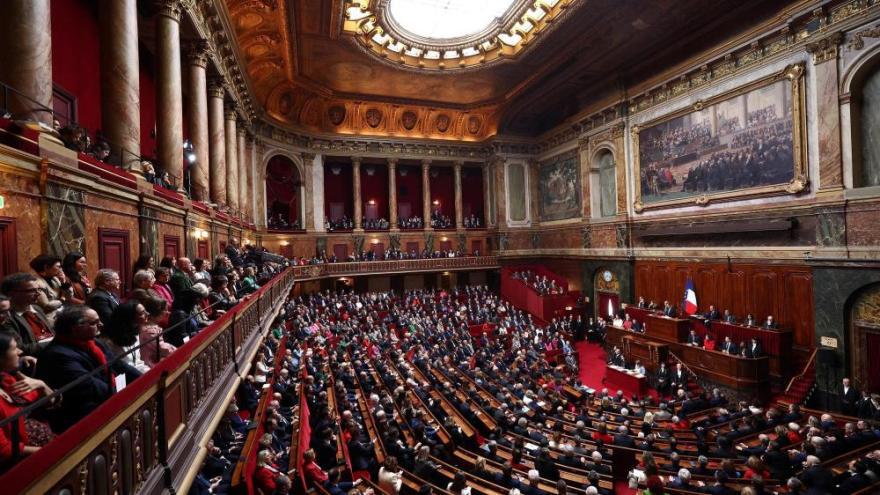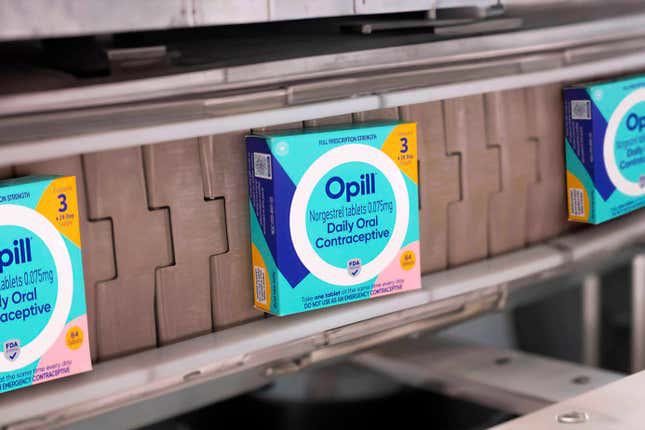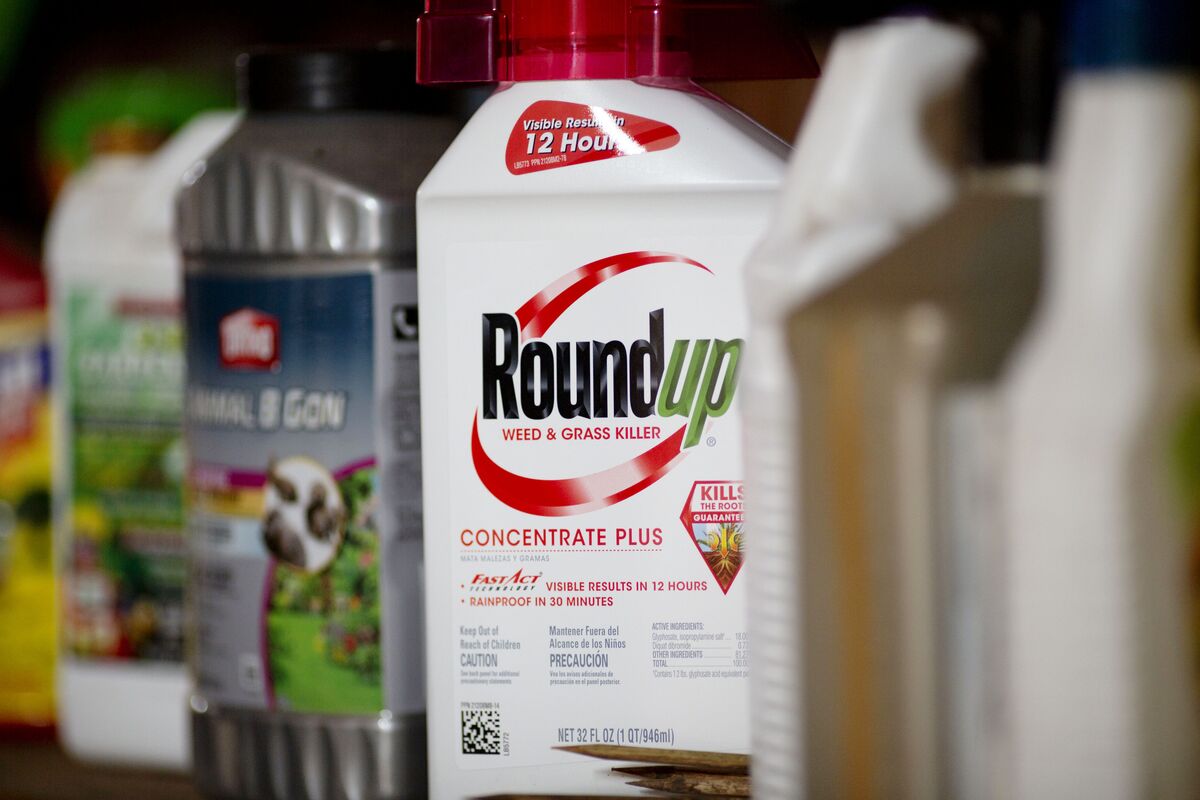Tackling the NHS Dentist Shortage with Cash Incentives: A Closer Look
February 7, 2024 - Reading time: 4 minutes

In a bold move to address the critical shortage of NHS dentists across England, the government has announced a series of financial incentives aimed at encouraging more dental professionals to serve in underserved areas. Among these measures, a notable highlight is the offer of a £20,000 "golden hello" bonus for dentists willing to establish their practices in regions with poor access to NHS dental care, often referred to as "dental deserts."
The initiative, which targets up to 240 dentists—about 1% of the total workforce—expects these professionals to commit to a minimum of three years of service in these high-need areas. This is part of a broader strategy that includes increased payments for accepting new patients and conducting teeth-cleaning sessions in schools, with the overarching goal of expanding dental care levels.
Despite these efforts, the response from the dental community and opposition parties has been lukewarm, with some critics describing the plan as insufficient for reversing the trend of declining dental service availability. The British Dentistry Association (BDA) has notably criticized the government's approach, likening it to "rearranging the deckchairs" on the Titanic—a stark metaphor for efforts too minimal to avert a looming disaster.
Dentists Speak Out: Voices from the Field
In the wake of this announcement, we reached out to several dentists to gather their perspectives. Dr. Amelia Harford, a dental practitioner in the Midlands, shared her optimism about the new incentives: "The £20,000 bonus is a step in the right direction. It's an acknowledgment of the challenges we face in reaching underserved populations. However, to truly make a difference, we need to address the root causes of the shortage, including the funding model and the support structure for complex cases."
Conversely, Dr. Liam Connolly, who runs a bustling practice in a coastal area, expressed skepticism: "While the financial incentives are appealing, they don't tackle the systemic issues that push dentists towards private practice. The increase in standard payments for NHS work is welcome, but it barely scratches the surface of what's needed to cover our operational costs."
Community Reaction and Further Measures
The government's plan also includes measures like a modest £15 increase atop the standard £28 payment for seeing patients who haven't had a dental visit in over two years, and up to £50 extra per patient requiring complex dental work. Additionally, the proposal outlines preventive measures such as dental teams visiting schools for fluoride varnish treatments and the expansion of water fluoridation.
With an additional £200m pledged on top of the annual £3bn dental care budget, the government aims to fund these initiatives. However, the BDA points out that real-term spending on dentistry has fallen by £1bn since 2010 when accounting for inflation.
Looking Ahead
As the NHS dental care system stands at a crossroads, the effectiveness of the government's recovery plan remains to be seen. Will the financial incentives lure enough dentists to underserved areas, or will systemic issues continue to drive professionals towards the private sector? The dental community and patients alike await tangible improvements, hoping for a future where access to dental care is not a luxury but a standard part of public health services.
Comments from the Dental Community
-
Dr. Emily Turner: "The initiative is commendable, but true reform requires a comprehensive overhaul of the NHS dental service funding and structure. Without it, we're merely applying a band-aid to a much larger wound."
-
Dr. Rajiv Singh: "Incentives are a good start, but let's not forget the importance of education and preventive care. Visiting schools is a step in the right direction, but more community outreach is essential."
-
"Anonymous Dentist": "I'm considering the £20,000 bonus, but what happens after three years? We need sustainable solutions, not temporary fixes."
As the debate continues, it's clear that while financial incentives can provide temporary relief, addressing the NHS dentist shortage will require a multifaceted approach that looks beyond immediate fixes to systemic reform.

Darren Stephenson
Darren Stephenson writing spans a wide range of topics, from in-depth political analysis to human interest stories. His unique perspective and engaging narrative style have earned him a loyal readership. Darren's commitment to journalistic integrity and his ability to connect with readers make him a standout voice in modern journalism.



